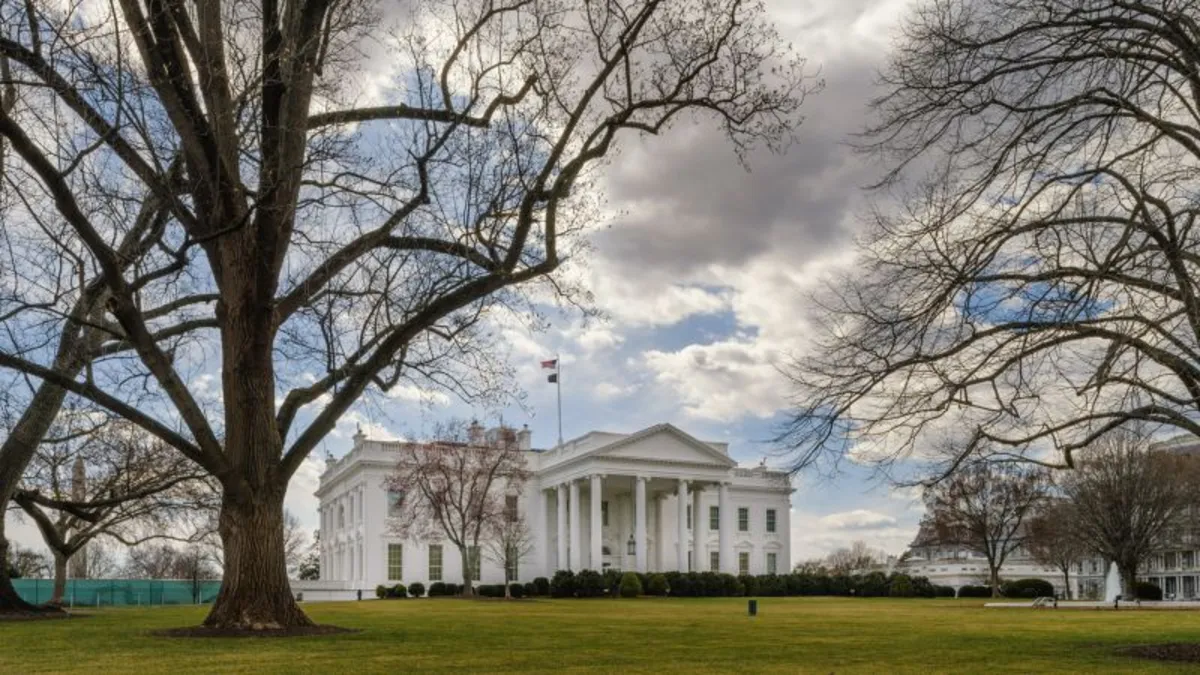
In a significant legal move, Democratic attorneys general and governors from 23 states, along with Washington, DC, have initiated a lawsuit against the US Department of Health and Human Services (HHS) and HHS Secretary Robert F. Kennedy Jr. This lawsuit, filed on Tuesday, contends that the department's abrupt rollback of $12 billion in public health funding was both unlawful and detrimental to public health services across the nation.
The coalition of states is pursuing a temporary restraining order and injunctive relief aimed at halting the administration's funding cuts immediately. They assert that these cuts could lead to the discontinuation of essential public health services and result in thousands of healthcare workers losing their jobs. Last week, the US Centers for Disease Control and Prevention (CDC) announced it would retract approximately $11.4 billion in funding previously designated for state and community health departments, which was allocated during the Covid-19 pandemic response. According to HHS, the CDC anticipates beginning to recover this funding within about 30 days. Additionally, around $1 billion from the Substance Abuse and Mental Health Services Administration (SAMHSA) was also terminated, as reported by the attorneys general.
In response to the ongoing litigation, HHS has stated that it does not comment on active cases. However, the agency has previously justified its actions by asserting that “the COVID-19 pandemic is over,” and that it will no longer allocate taxpayer dollars to respond to what it considers a “non-existent pandemic.” HHS claims it is now prioritizing funding projects that align with President Trump's directive to tackle chronic disease issues and to "Make America Healthy Again."
The states involved in the lawsuit argue that the funds in question were not exclusively designated for Covid-19 response. They emphasize that much of this funding was intended to bolster the long-term public health infrastructure, enhance pandemic preparedness, and support critical behavioral health services, including addiction treatment and suicide prevention. New York Attorney General Letitia James highlighted the impact of these cuts, stating, “Slashing this funding now will reverse our progress on the opioid crisis, throw our mental health systems into chaos, and leave hospitals struggling to care for patients.” Her state alone stands to lose over $400 million in public health funding.
Dr. Joseph Kanter, CEO of the Association of State and Territorial Health Officials, expressed concerns regarding the implications of these funding cuts. He noted that the funds were integral in building a robust framework for responding to health emergencies, including outbreaks of measles and H5N1 bird flu, which are currently occurring. Kanter emphasized that these funds were appropriated by Congress and earmarked for health departments, complete with approved work plans, budgets, and timelines. He warned that the unexpected loss of these resources would hinder states and territories in addressing both current and future health threats.
The lawsuit contends that the administration's actions undermine Congress's constitutional authority, as the funds were linked to specific congressional allocations. It argues that the executive branch lacks the legal authority to rescind funding that had already been allocated. This lawsuit is part of a broader trend, with over 100 lawsuits filed against the Trump administration's executive actions in the early months of his second presidency.
While the lawsuit seeks a temporary restraining order as an initial step, the coalition of attorneys general may also pursue a permanent injunction against these public health funding cuts. Daniel Karon, an attorney based in Cleveland who has been tracking cases against the administration, raised concerns about whether the federal government would adhere to a court ruling if it were to lose. He remarked, “When people talk about there being a constitutional crisis, this is what they’re talking about.” Karon elaborated on the tensions among the branches of government, stating that if the executive branch disregards congressional directives and judicial rulings, it raises significant constitutional questions.
As this legal battle unfolds, the future of public health funding and the capabilities of healthcare systems across the nation remain uncertain.